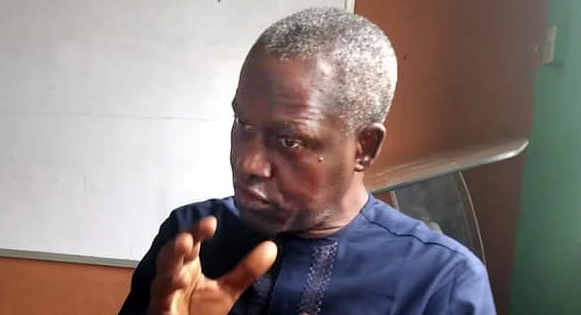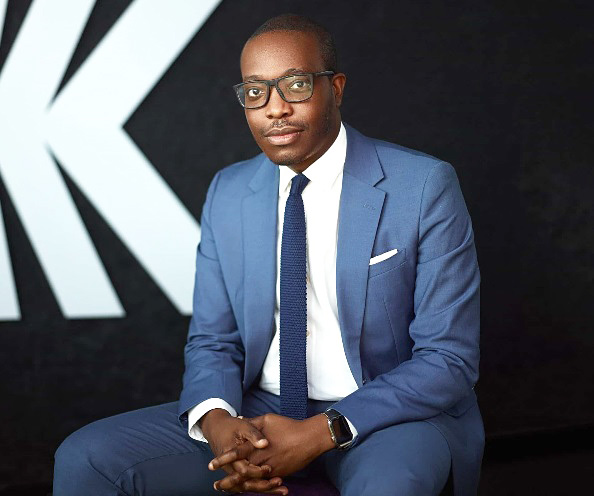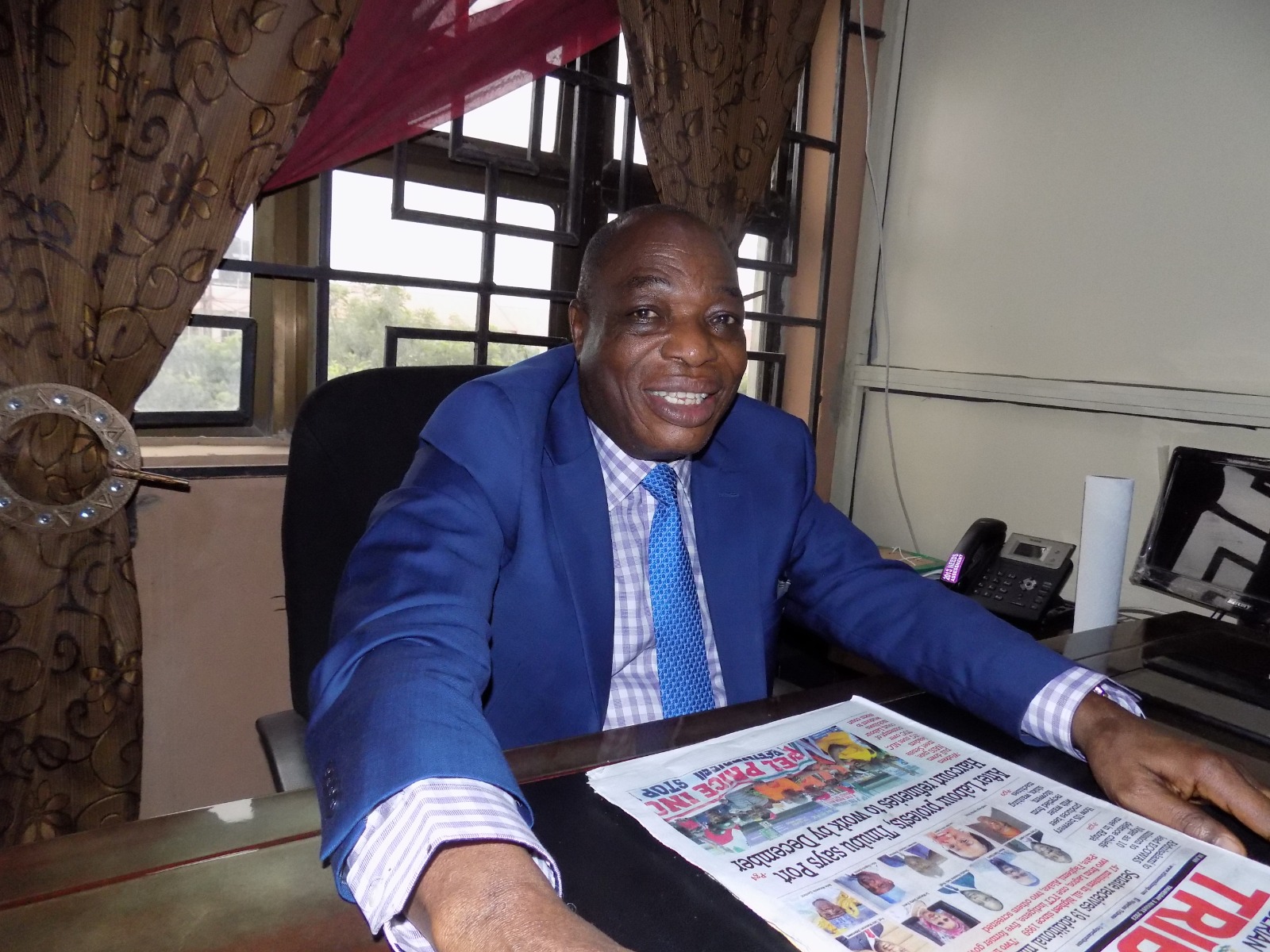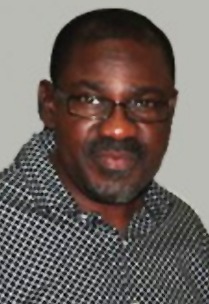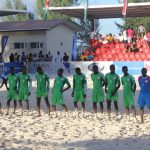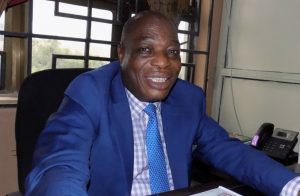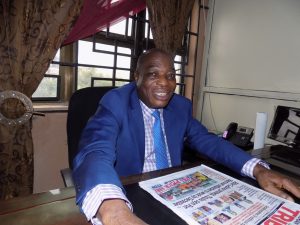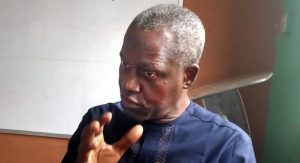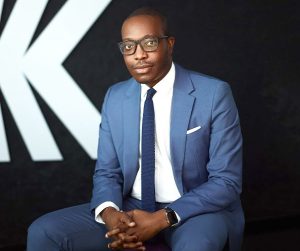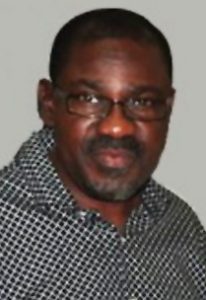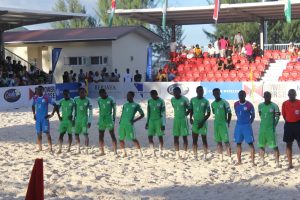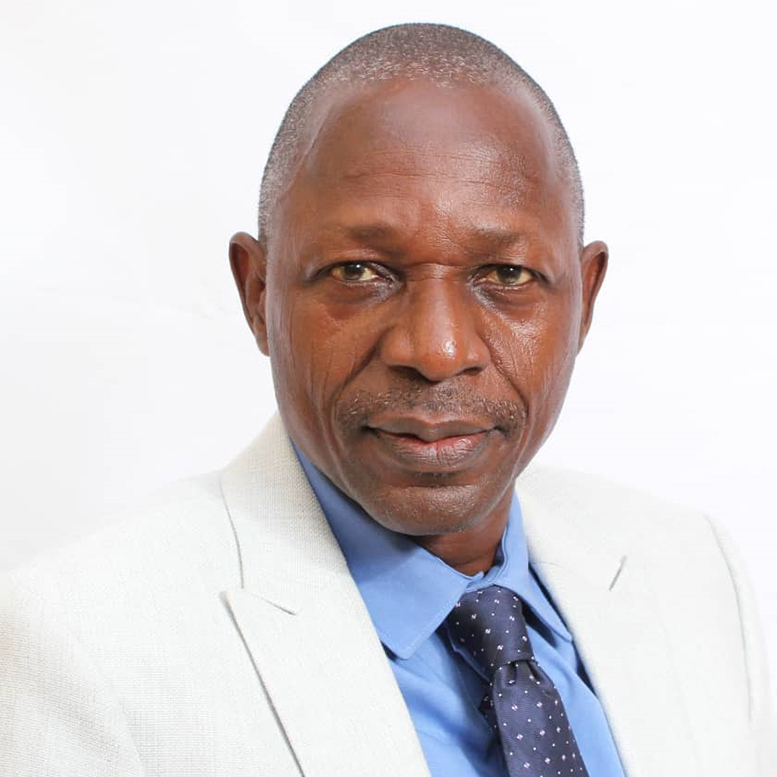
Chairman of Advertising Industry Colloquium and Academic Journal Committee of the Advertising Regulatory Council of Nigeria, ARCON, Professor Rotimi Olatunji.
How will you rate the standard of education in the country today?
Thank you for this opportunity. There’s no point always talking about standards of education. For me, the most important thing is how relevant is today’s education in handling contemporary challenges and its ability to guarantee sustainability. Therefore, what we see today is an entirely dynamic world occasioned by disruptive digital technologies. To this extent, we can assess the extent to which our educational system is grappling with the demands of digitalization. Against this backdrop, the Nigerian educational system tends to lag behind global standards in terms of digital demands. However, when we consider the quality of available manpower in the educational sector, there’s hope for the Nigerian educational system.
Comparing our education to some African countries will you say you are satisfied with our standard?
You may as well refer to my opening remarks on this issue. Talking about the tertiary education sub-sector for instance, the global ratings of our universities is soaring. As at the last count, some of our universities occupy between the top 300-400 positions in Times Higher Education global ranking. Our scholars have recorded higher global ranking as well, not just on the African continent, but also globally. Similarly, graduates of Nigeria’s tertiary institutions are also attaining greater heights globally. Nigeria’s medical personnel are increasingly poached from different parts of the world. Our graduates who are pursuing postgraduate programmes outside Nigeria are also doing us proud. These and several other cases are heartwarming. But there are always rooms for improvement and this is mainly in the area of increased funding to boost educational infrastructure and manpower development.
As a professor, what are the challenges you think are militating against our education in the country?
I have tangentially referred to some of these challenges above. Poor funding cascades into infrastructural decadence and inadequacy, poor motivational packages, low workers morale, low level of access to digital technologies, including the Internet, overcrowded classrooms, derelict laboratories and studios, and the like. The Academic Staff Union of Universities, as well as other unions in Colleges of Education and Technologies has chronicled several of those challenges.
How can these challenges be solved?
The solutions to the challenges confronting the educational sector are in the problems already identified. Governments at all levels have to take the lead in addressing the challenge. There’s the need for increased funding of education at all levels in Nigeria. The private sector as well as the parents need to partner with the government in matters relating to the development of education in Nigeria.
Can you say our university education is on a great path with the current reality of change in education with the coming of Artificial Intelligence, Machine Learning and host of others?
We need to invest more into digital technologies, Internet accessibility and Artificial intelligence. That’s the way to go to reposition Nigeria’s educational system.
Can you say sir that, the advent of private universities has changed the standard of education for better?
Perfectly so. The advent of privately owned universities in Nigeria has raised the bar. For example, it was one of the privately owned universities in Nigeria, Covenant University, Ota, that first made the Times Higher Education (THE) global ranking, a feat that aroused the giants in other universities in Nigeria. What we now have is healthy competitive spirit. In addition, there are now several healthy pathways to tertiary education in Nigeria, other than government -owned institutions. There are other limitless opportunities and benefits sequel to the incursion of privately owned universities and colleges in Nigeria.
…what we see today is an entirely dynamic world occasioned by disruptive digital technologies. To this extent, we can assess the extent to which our educational system is grappling with the demands of digitalization. Against this backdrop, the Nigerian educational system tends to lag behind global standards in terms of digital demands.
Lagos State University, LASU, has been producing great students despite being a state-owned university, what are the things the school authority is doing differently from others?
The Lagos State University (LASU) is arguable the University of first choice for candidates applying for admission through the Joint Admission and Matriculation Board. LASU boasts the best educated, well trained and most dedicated academic and non-teaching staff of global standards. Consistently, LASU has been blessed with globally ranked Vice-Chancellors, including the present one, Professor Ibiyemi Olatunji-Bello. Consistently too, visitors to the University, including His Excellency Governor Sanwo-Olu, have shown greater commitment and bestowed funding support to the LASU project. Our students are also our key asset. Their performances in local and global academic competitions and co-curricula activities are superlative. These are parts of LASU’s trade secrets.
How can government stem the tide of brain drain in our universities?
There will always be migration of intellectuals and professionals to greener pastures. Several developing countries depend on Diaspora remittances to grow their economies. That our professionals and intellectuals are globally sought after attests to the quality of our educational system. What may be abnormal is for those who are emigrating not to be looking back and ploughing back into Nigeria’s economy and academic sector, when and if they make good fortune abroad. But sadly, many of those who JAPA (emigrate) seem to be lacking in global survival skills or concrete economic pursuits. We should be much more worried about these set of Nigerians who prefer to travel out there to become hewers of wood and drawers of water. That is the height of the 21st century slavery.
What are the benefits students stand to gain in the Advertising Industry Colloquium?
The Advertising Industry Colloquium is an annual event. The first was held on 30th March 2023.
The benefits are enormous. It’s a town and gown event. Marketing communications professionals and intellectuals come together because of the students, who learn from the two worlds. There’s the Creative Pitch competition component that affords students of tertiary institutions to compete and win awards. The Colloquium also presents opportunities for students with outstanding pitches to be head hunted by advertising agencies. There are several other benefits.
As an agenda setting, what do you expect from the president -elect Asiwaju Bola Tinubu when he assumed power?
The President-elect, Senator Ahmed Bola Tinubu already has his Renewed Hope Agenda cut out. I also know that as a former Executive Governor of Lagos State, he has a knack for youth development. But in addition to all this, his manifesto touching education in general and tertiary education in particular should be rigorously pursued. I expect him to pay the outstanding salaries and allowances of ASUU members who were denied their over eight months salaries because of their involvement in a justified national strike. I expect universities autonomy, which also implies that tertiary institutions’ employees should be taken off the Federal Government unified salary payment system. I expect greater and urgent attention to restructuring of the lopsided nature of the Federation, including greater attention to national security; Policing matters should be removed from Federal exclusive list in the Constitution of the 1999 Federal Republic of Nigeria (as amended), and many more.
On a lighter note, can you share your undergraduate days with us?
Several interesting memoirs. First between 1979 and 1982 at the College of Education, Ila Orangun, then in Oyo State , now in Osun State, as the pioneer Financial Secretary of the Students Union. Later at the University of Ife (later Obafemi Awolowo University) Ile Ife, working quietly with Alliance of Progressive Students, also trying to make ends meet as a matured student, but coming out with a First Class Honours in Archaeology. The literary circle and literary activities were (and remain) my hobby. Need I say more … Thank you sincerely for this opportunity.


